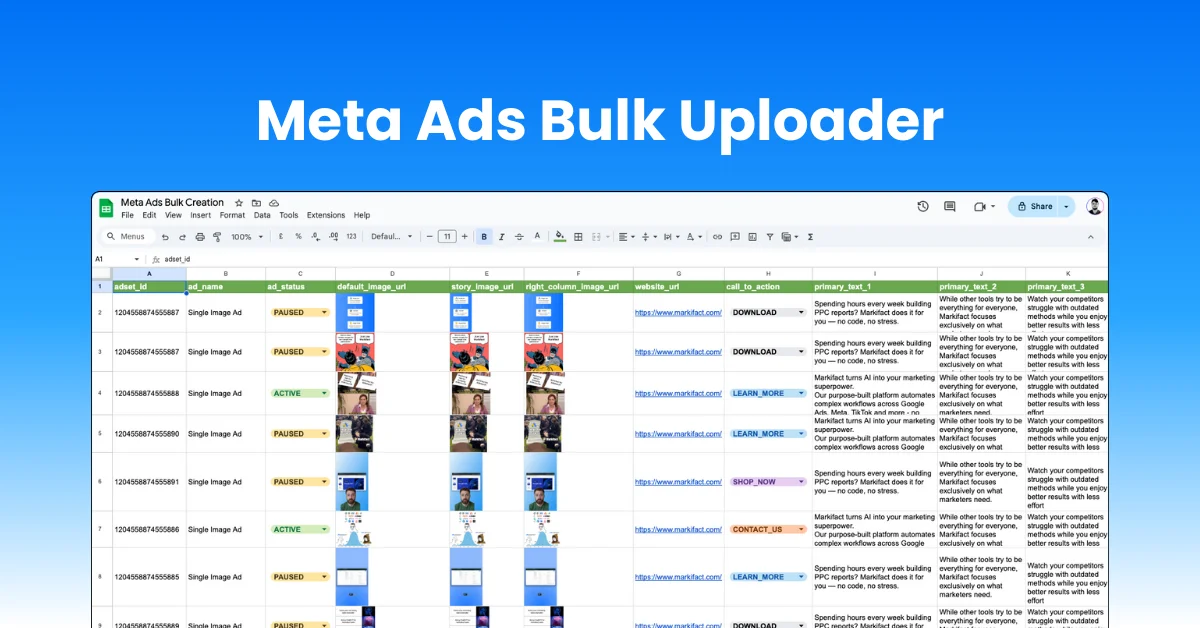With the upcoming U.S. presidential election, the ad market's future is uncertain. News publishers are exploring alternative avenues to attract advertisers. Dow Jones is focusing on events and non-political content for its politically-averse advertisers. The Guardian is targeting political and advocacy advertisers. Some B2B tech category advertisers want to be "dark by October 1," to avoid running campaigns against election coverage, making Q4 ad revenue predictions for 2024 unclear.
Josh Stinchcomb, global CRO of Dow Jones and The Wall Street Journal, expects any dollars paused on thought leadership or B2B advertising in advance of the election to be made up for later in the quarter. Luis Romero, The Guardian’s svp and head of sales for North America, is focusing on political advertising dollars for the first time this year to offset any potential losses.
Seth Hargrave, CEO of ad agency MediaTwo Interactive, suggests that the decision to stop advertising by October 1 could be budget-driven due to competitive pricing of election season. Hargrave also suggests that contextual targeting is the route to pursue for news and political publishers looking to persuade politics-averse advertisers to stick around during election season.
IAC discussed Dotdash Meredith’s new, three-part deal with generative AI tech company OpenAI during its Q1 earnings call. The deal includes a licensing agreement to train OpenAI’s large language model on Dotdash Meredith’s content and to serve content and links to Dotdash Meredith’s sites in the generative AI chatbot ChatGPT.
The Guardian is aiming to save 4-5% this year, which will include cuts to staffing-related costs. The Atlantic has 75 colleges participating in its group subscription program, reaching more than 500,000 students. Condé Nast has agreed to allocate $3.3 million towards total wage increases for union staffers as part of the new contract.
Substack is trying to woo TikTok creators and is building up its video offerings to do so. Google’s latest core algorithm update targeted low quality and AI-generated content within search results, but publishers are seeing impacts to their own search visibility rankings as a result.











